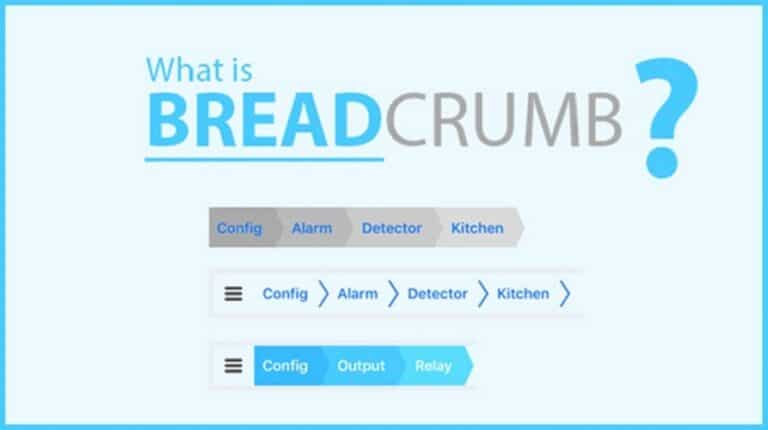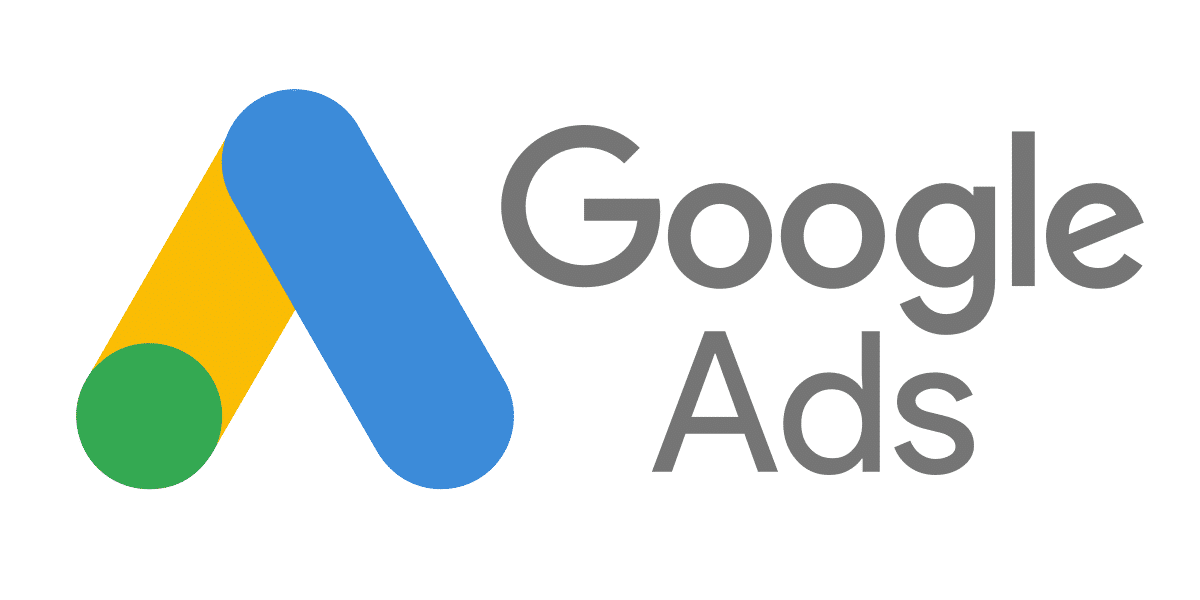FAQ all info about Woocommerce webshops
Woocommerce webshop : ultimate knowledge base. All information about webshops and webshop marketing explained in human language. FAQ, frequently asked questions about E-commerce and webshop marketing.

Woocommerce webshop : ultimate knowledge base. All information about webshops and webshop marketing explained in human language. FAQ, frequently asked questions about E-commerce and webshop marketing.
For a successful web shop business is it important to to understand. That's why we think knowledge important. We share our knowledge here in “human language”
The more we know, how more targeted we can get to work. Both you and us, that's why we're really sharing here anything relevant to your Woocommerce webshop.
We share our knowledge of marketing happy with you. Together we are smarter when we share the tips and knowledge about marketing. That's why a lot here explanation about webshop marketing.

We explain all possible thermals and technical aspects webshop and webshop marketing short, simple and in human language.
The meaning of certain terms and technical words sometimes seems trivial to us. However, we understand all too well that this is not the case for many people. Therefore we explain as much as possible in understandable language, That is related to a Woocommerce Webshop and everything that comes with it.
Do you have a question yourself? Reassure them, we are happy to formulate a short simple explanation in human language.
ask your question
Breadcrumbs are a navigation aid that allows users to track their current location on a website or interface. A breadcrumb trail shows the page a user is currently on and its relationship to the pages they have previously visited, or the hierarchy of higher-level parent pages above the current page. Breadcrumb navigation allows the user to quickly navigate back to their starting point or previous pages of their visit.
Content Management System
Content Management System
In this part of our webshop knowledge page Let's take a closer look at the specific terms involved of Google Analytics.
This analysis tool for webshops is frequently used by many business managers. However, it is not always clear what exactly is meant by all terms.
More here explanation about everything about the Google Analytics tool.
Ask your question
A session is the time a customer spends on your webshop before he leaves your store.
Google Analytics records a session each time a user begins interacting with your site. A session ends after a certain period of inactivity or when the user closes their browser.
The session time is a parameter that plays a role in the positioning of your webshop in Google's search results. So pay sufficient attention to interesting and relevant text and explanation on your product or webshop page.
Organic traffic is the traffic that comes to your site from search engines like Google or Bing. This traffic is free and generated by users searching for relevant keywords and clicking on your site in the search results.
Direct traffic is the traffic that comes to your site by typing your website URL directly into their browser or by clicking on a bookmark. This traffic is not attributed to a specific source.
An event is a user interaction with your website that you want to track, such as clicking a button, watching a video, or downloading a file. Events can help you understand how users are interacting with your site beyond page views.
The bounce rate of a webshop is the percentage of visitors who leave your E-shop after viewing only one page.
You can track this with Google Analytics. It is an important parameter that shows whether your visitors find what they are looking for. A high bounce rate can indicate that your webshop customers are not finding what they are looking for or that your webshop is not working properly or is not convenient to use.
It is a page view number of times that specific one page on your webshop by a visitor has been viewed.
Each time a visitor visits a page on your shop, it counts as a page view. Tracking page views is an interesting thing to do find out what information or products in your shop customers are interested in.
Lorem ipsum dolor sit amet, consectetuer adipiscing elit, sed diam nonummy nibh euismod tincidunt ut laoreet dolore magna aliquam erat volutpat.
A conversion is a specific action that you want visitors to take in your webshop. This is usually the case in a webshop a buy. You can measure this with Google Analytics.
In a webshop or another website this can also be something else, such as fill out a form, book an appointment or download a file.
With Google Analytics you can measure and track the number of conversions as well as their value.
A website's conversion rate is the percentage of users who take a desired action, and the conversion rate is directly linked to how much revenue a website generates. Page speed has a huge impact on user behavior.
Referral traffic to your webshop is the traffic that comes to your webshop from other websites. In human language : the traffic to your E-shop that comes through a referral, a link to your shop.
Google Analytics tracks the origin of your referral traffic so you can see which sites are sending visitors to your store.
For example, it is useful to have a reference on a manufacturer's website to your webshop as a dealer of their products. Via Google Analytics you can see how many customers find you through your producer.
What is meant by the lifetime value of CLV customers?
Customer Lifetime Value (CLV) is one of the most important metrics you should track as part of a customer experience programme. Customer Lifetime Value is a measurement of how valuable a customer is to your business, not just per purchase, but across the entire customer relationship.
How is the lifetime value of CLV customers calculated?
Customer lifetime value = (Customer value * Average customer lifetime value). To find CLTV, calculate average purchase value x average number of purchases = customer lifetime value. After calculating the average customer lifetime value, multiply it by the customer value to determine the customer lifetime value
In this part of our webshop knowledge page Let's take a closer look at the specific terms involved of Google ads. (formerly Google Adwords)
This online advertising tool for webshops and websites is frequently used by many marketing managers. However, it is not always clear what exactly is meant by all terms.
More here explain everything about the Google Ads advertising tool.
Ask your question
Lorem ipsum dolor sit amet, consectetuer adipiscing elit, sed diam nonummy nibh euismod tincidunt ut laoreet dolore magna aliquam erat volutpat.
In this part of our webshop knowledge database Let's take a closer look at the specific terms involved of online marketing.
Online marketing is all actions and events on the web with the intention of publicizing and stimulating sales of the products you offer in your online shop.
Of online marketing stimulates online sales.
More here explain everything about online marketing.
Ask your question
seo, or Search Engine Optimization in Dutch; search engine optimization, it is improving the visibility of your webshop or website for search engines like Google or Bing.
Specifically, this is about it optimize of parts of
of a website to make it better for the search engines. This increases the chance that the webshop or website ranks higher in search results.
First of all, organic (non-paid) visitors and traffic lead to your website. This can be done by making the content more accessible and understandable for the robot that indexes the website.
It 2nd goal is to create relevant, unique and interesting content for your visitors and customers.
Characteristic of these 2 goals is that you do everything builds around relevant keywords that you add to website titles and subtitles, categories, products and the meta tags.
As already mentioned, SEO also includes improving the technical aspects of a website, such as the loading speed, mobile friendliness and user experience.
In addition, making backlinks (links from other websites) of high quality from other reputable websites in improving credibility and authority in the eyes of search engines.
The result of a good and efficient SEO strategy provides more organic traffic to your webshop. This ensures that you reach a larger audience and increases the chance of being found. mPeople looking for relevant information or products you offer find you better.
SEA stands for Search Engine Advertising or in Dutch; Search Engine Ads. SEA is part of one online marketing strategy, where you ads places next to, below or above the search results in the search engines like Bing, Google and Yahoo.

Unlike SEO, which focuses on natural (non-paid) search results, pay advertisers at SEA for them display advertisements when potential customers a enter a specific keyword in the search bar.
Webshops and companies that place the advertisements for specific search terms, pay when someone clicks on the ad. This known that they pay only when the ad results in a visit to the shop or site. This is why this type of advertising is called, pay per click (PPC) advertising.
Because the advertisements appear ABOVE and NEXT to the search results, SEA E-commerce offers companies a way to quickly become visible. Through these ads you get highly targeted visitors to your website or shop.
So you receive on your site potential customers who are looking for your products and services. Therefore, the probability of conversion is very high resulting in more sales by SEA.
On-page SEO or in Dutch ; search engine optimization on your pages. On Page SEO refers to the optimization – techniques that are applied directly to a webshop page to increase visibility in search results from Google, Bing or Yahoo to improve.
Specific improve you the contents, titles, subtitles, URLs, product name and the meta tags of relevant keywords, keywords that describe your products and services well.
Including relevant search terms and providing valuable, unique, well-structured content helps on page SEO search engines it understand the topic and relevance of the page.
This results in one higher position of your page in the search results. This increases the chance that you will get more visitors to your webshop in a non-paying way (organic traffic). More visitors, equals more potential customers and thus a higher turnover.
Local SEO, or Search Engine Optimization for local searches, is the process of it optimizing a website or online profile page (such as Google My Business) to the visibility in the results of local searches at improve.

Local SEO is part of online marketing for companies that want to be found better regionally. It focuses on specific geographic areas, such as a city or a region.
This optimisation allows you to attract (potential) customers searching for your products and services "nearby". It is therefore an online marketing technique that is very suitable for the catering industry, retail or local service companies.
Local SEO includes optimizing your Company Profile on for example Google My Business. This way your customers can call directly, navigate to your store via google maps or make reservations in your coffee bar.
Reviews and photos play an important role in making a good first impression and thus convincing customers to visit or contact us.
By means of local SEO strategies apply, you increase the chance of being in the local search results appear and more customers attract to your location.
READING TIP : 10 benefits of Google My Business
Lorem ipsum dolor sit amet, consectetuer adipiscing elit, sed diam nonummy nibh euismod tincidunt ut laoreet dolore magna aliquam erat volutpat.
What's conversion optimisation (CRO)? Conversion optimisation (CRO) is the actions you take, where the percentage of webshop visitors (or users in general) that a desired action runs on a webshop or website, is increased.
Desired actions may include ;

Boost your E-shop sales with our SEO/SEA campaigns – Have your Woocommerce web shop built by us – Receive clearly advice for your webshop tailored to your company.